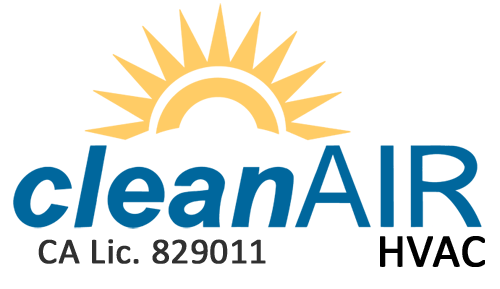
Ever done a double take when you took a look at your last energy bill? Even though high energy bills can be the consequence of intense weather conditions, repeatedly high bills can also indicate an inefficient HVAC system or your home is using too much energy through other means, such as drafty windows or poor insulation.
One of the simplest ways to figure out whether your home is wasting energy is by calling a home service specialist to perform a home energy audit, also known as a home energy assessment. Keep reading to learn all about home energy audits, including what they are and their key elements.
What Is a Home Energy Audit?
An energy audit is a thorough inspection of how much energy your home uses and whether – and where – your home may be losing or wasting energy. An inspector will take a look at older energy bills during an energy audit to figure out where energy is being wasted and how much.
The overall goal of an energy audit is to help homeowners save money on their energy bills by suggesting energy-efficient updates, which might include exchanging your existing HVAC system, putting in new insulation, sealing up leaks, or replacing drafty windows.
Over the course of the energy assessment, the auditor performs an inspection of the outside and inside of your home. The auditor performs a blower door test on doorways, windows and fireplaces to figure out if there are air leaks in your home. They’ll also inspect your home’s HVAC system, which also includes the ductwork, the water heater, and the insulation in your attic. Comprehensive assessments could also include inspecting your current lighting system.
Benefits of a Home Energy Audit
It can be tough for the average homeowner to know for sure how efficient their home is versus other similar homes in their area. However, many energy companies often provide information about where your home stands in comparison to similar homes and whether it’s more efficient, about average, or inefficient in contrast with your neighbors’ homes. This is a good starting point to decide if you need an energy audit completed.
Several of the benefits of a home energy audit include:
Learning How Efficient Your Home Is
It’s good to learn more about how efficient your home is and where you’re consuming the most energy. For example, if your ducts are leaking, it could lead to a significant increase in your energy bills and excessive wear and tear on your HVAC system as it has to stay on longer to completely heat or cool your home.
Making Energy-Efficient Improvements
An energy audit can reveal where you need to make energy-efficient changes to save on energy and lower utility bills. This can include replacing worn-down weatherstripping or buying a new energy-efficient furnace.
Improving Health and Safety
Enabling air to leak into your home via doors and windows, or because of a lack of insulation can cause extra moisture to build up, which can negatively impact your home’s humidity levels or encourage mold. This can exacerbate health problems, particularly for people dealing with asthma or allergies.
Adding to Your Home’s Retail Value
Energy-efficient homes are preferred by homebuyers. You can sell your home more quickly or for more money by showing prospective buyers that it’s energy efficient.
How to Perform an Energy Audit of Your Home
Although completing an energy audit by yourself will not be as detailed as hiring a professional, it’ll offer you a broad understanding of how energy efficient your home is. If you don’t discover any problems during the DIY test, then you potentially don’t need to call in a professional. Use this step-by-step checklist:
- Examine your HVAC system. Broken ducts can lose up to 20% of conditioned air, leading to higher energy bills and greater strain on HVAC equipment. If you find leaks, use duct tape to plug them. If your HVAC equipment is old and wearing down, upgrading to a new system can save you a significant amount on your energy bills. In some cases, it might be better to hire a reputable HVAC company to inspect your system.
- Watch for signs of air leaks. Air leaks on average can raise monthly energy bills by 10 to 20%. Inside, look for air leaks in areas where there is a draft, such as along the edge of flooring and close to baseboards and electrical outlets. Outside, you can inspect for air leaks in the home’s foundation, siding and mortar. Plug, caulk or seal any air leaks to save money.
- Examine insulation. If your home is older, it could mean your insulation is too. If you can see the joists, you likely need more insulation.
- Check ventilation. Ensure that all of your kitchen and bathroom exhaust fans are spinning properly, and check for evidence of rot or moisture.
Contact Clean Air HVAC for a Professional Energy Audit
If you are interested in professional help figuring out how energy efficient your heating and cooling equipment is, call the HVAC professionals at Clean Air HVAC today. We’ve proudly supported the residents of Pacheco with quality home services for years. Contact us today to schedule an appointment.


